The New York Stock Exchange (NYSE) is one of the world’s largest and most prestigious stock exchanges, located on Wall Street in New York City. Here are some details about the NYSE:
Overview:
- Founded: The NYSE was founded in 1792 when 24 stockbrokers signed the Buttonwood Agreement under a buttonwood tree on Wall Street.
- Location: New York Stock Exchange is headquartered at 11 Wall Street, New York City.
-
Ownership: The NYSE is owned by Intercontinental Exchange (ICE), which acquired it in 2013.
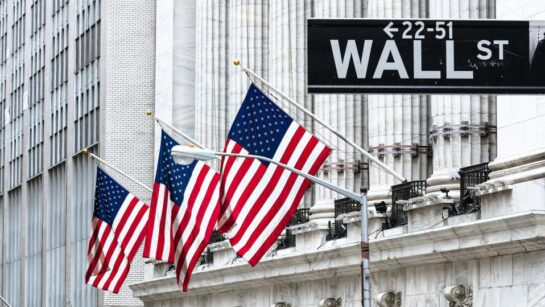
Operations:
- Trading Hours: The NYSE operates Monday through Friday, with trading hours from 9:30 AM to 4:00 PM Eastern Time.
- Trading Mechanism: The NYSE operates as an auction-based market where buyers and sellers trade stocks on the exchange floor. It employs a combination of electronic trading and traditional open outcry methods.
- Listings: The NYSE lists a wide range of companies, including large multinational corporations, mid-sized firms, and newly issued initial public offerings (IPOs).
Key Features:
- Bell Ringing: Opening and closing trading sessions at the NYSE are traditionally marked by ringing a bell. Celebrities, corporate executives, and dignitaries often participate in these ceremonies.
- Market Indices: The NYSE is home to several major market indices, including the Dow Jones Industrial Average (DJIA) and the S&P 500 Index.
- Regulation: The NYSE is regulated by the U.S. Securities and Exchange Commission (SEC) and self-regulatory organizations such as the Financial Industry Regulatory Authority (FINRA).
Technology:
- Trading Platforms: The NYSE has modernized its trading operations with electronic trading platforms while still maintaining the iconic trading floor.
- Data Services: The NYSE provides market data and analytics to investors, traders, and financial institutions through various data products and services.
Historical Events:
- Black Thursday (1929): The NYSE experienced a significant stock market crash on October 24, 1929, which contributed to the Great Depression.
- September 11 Attacks (2001): The NYSE was closed for several days following the terrorist attacks on September 11, 2001, reopening on September 17, 2001.
- Financial Crisis (2008): During the global financial crisis, the NYSE played a central role in the financial turmoil that led to market volatility and regulatory changes.
Modern Developments:
- Technology and Innovation: The NYSE has embraced technology and innovation, introducing electronic trading platforms and exploring blockchain technology for settlement and other applications.
- Global Expansion: The NYSE has expanded its global presence through partnerships and acquisitions, enabling it to attract listings from companies around the world.
The NYSE continues to be a vital institution in global finance, facilitating the trading of billions of dollars’ worth of securities daily and serving as a barometer for the health of the financial markets.
Referance: CHATGPT


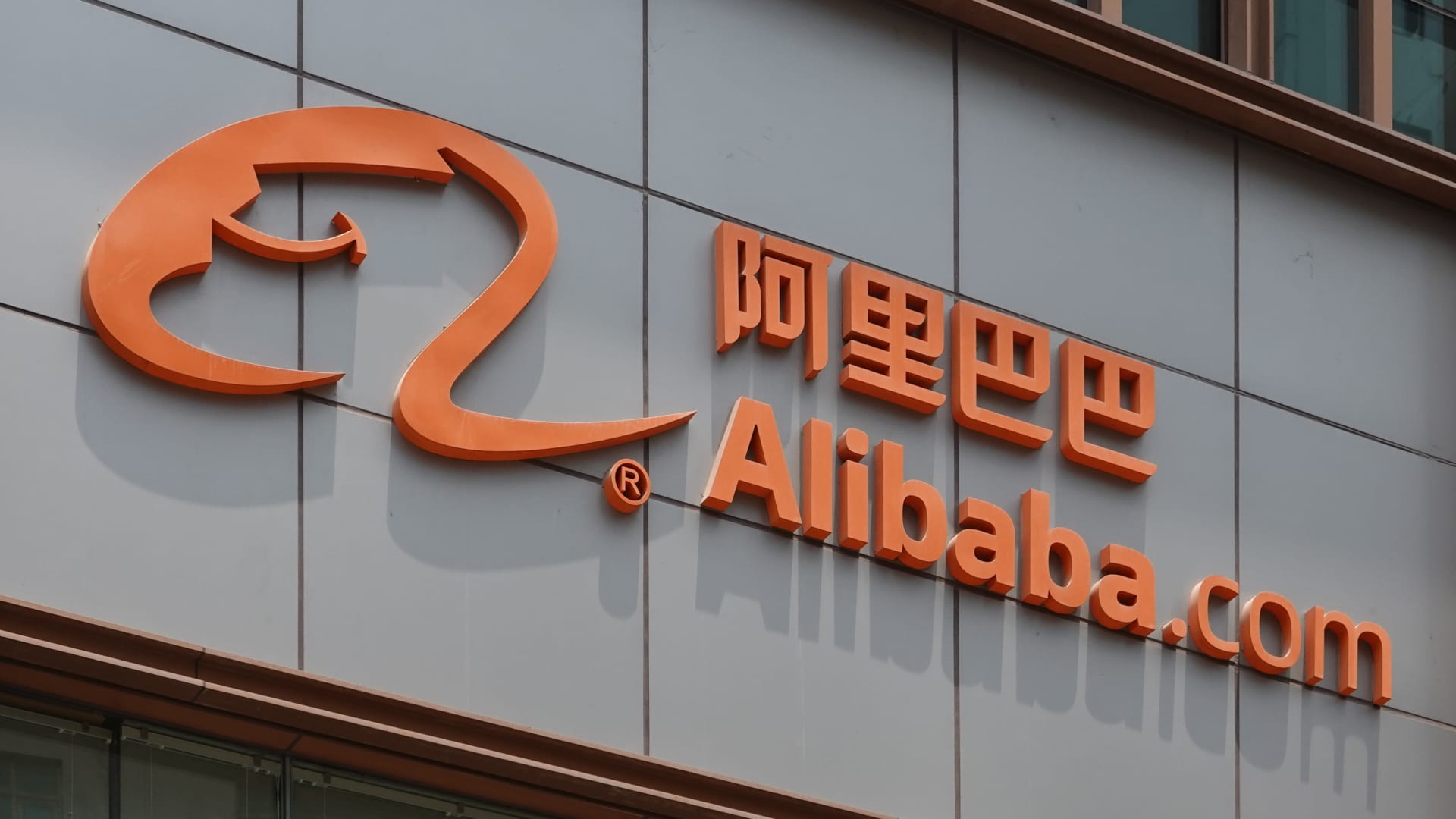
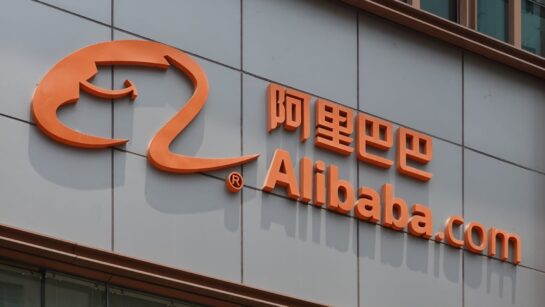

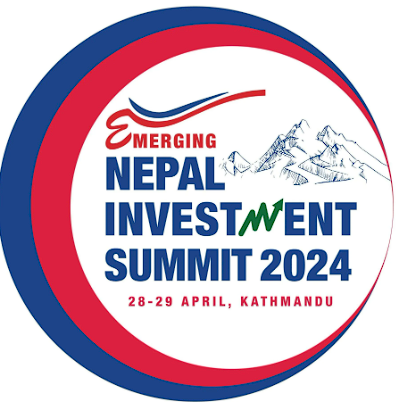
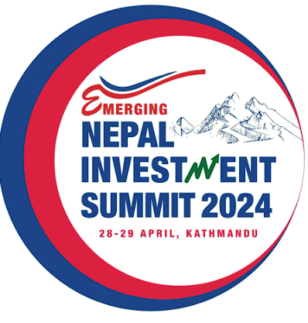 आईतवारबाट
आईतवारबाट